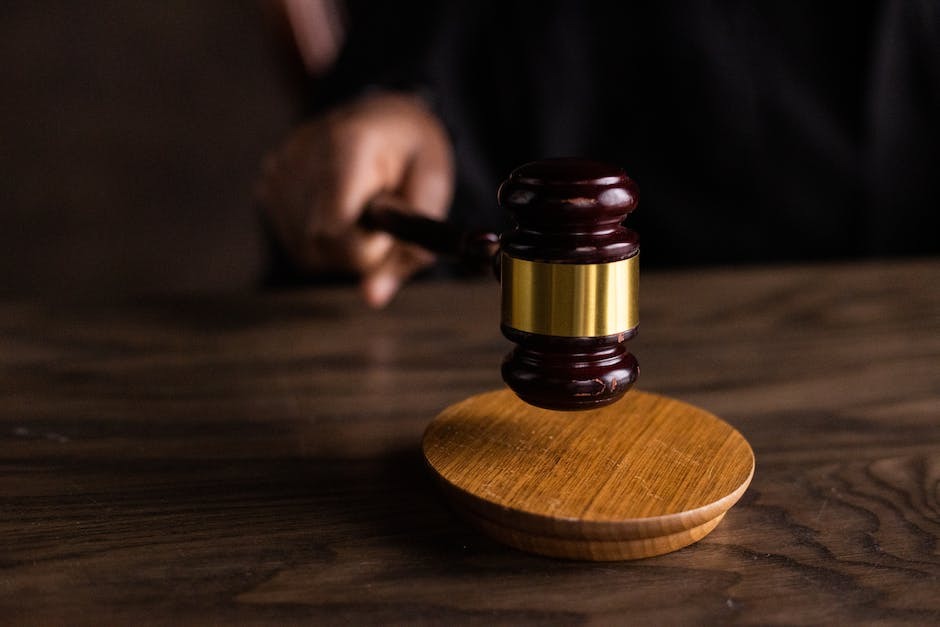Clients who experience drug and alcohol addiction often run into legal issues. However, the good news is that people these days are often assigned court-ordered rehabilitation to begin their journey to sobriety. When someone is assigned court-ordered rehabilitation, they need to understand what the program entails and how it will benefit their life long term. Having the opportunity to achieve sobriety instead of incarceration is something all clients should appreciate and take advantage of.
At First Steps Recovery, court-ordered rehabilitation is a program that is available for clients. The staff at First Steps Recovery prioritizes long-lasting abstinence and works to understand each client’s experience with the law and their addictions. For those in a court-ordered program, finding a welcoming facility is a priority. Fortunately, First Steps Recovery provides that option.
What Is a Court-Ordered Rehabilitation Program?
Those coping with substance use disorder (SUD) are often resistant to treatment and may refuse to begin their journey to sobriety. This resistance often leads to issues with the law and the possibility of facing court. Rehabilitation is becoming increasingly common as part of offenders’ sentences. This is a welcome trend that reinforces the idea that offenders should be educated, understood, and placed in recovery in order to help them not re-commit the crime. In fact, rehabilitation should be a primary goal for offenders who have drug and alcohol addictions. Rehabilitation also helps clients learn key skills, such as social skills and communication skills, which will help them succeed long-term.
This trend came about as the courts witnessed many offenders in a “revolving door” situation in which the individual would commit a crime, serve their time and/or required responsibilities, and eventually re-commit the crime or commit another substance-related crime. Rehabilitation, however, turned out to be a way out of this pattern, as offenders were given court-ordered programs for rehab. In turn, their likelihood of drug/alcohol-related crimes decreased as well as their destructive habits.
Addiction is a complex disorder that affects a person’s behavior, moods, and thoughts. Long-term, addiction detrimentally impacts one’s life. While encountering issues with the law is one of these impacts, one’s entire lifestyle can be greatly altered as well. People can lose a sense of self-control. Rehabilitation offers clients a chance to restructure and improve their lives. Even if clients feel resistant to the idea at first, they should take the opportunity in a court-ordered program to heal and improve their quality of life.
First Steps Recovery’s Court-Ordered Rehabilitation Program
The court-ordered rehabilitation program at First Steps Recovery is an alternate form of sentencing that encourages mental health and addiction treatment instead of serving time. With First Steps Recovery, clients begin to treat the underlying causes that led them to commit the crime or crimes at hand. Often, these causes have to do with addiction or mental health issues. Addiction and mental health issues also have underlying layers that First Steps Recovery helps clients to recognize and heal from in order to improve overall well-being.
The program offered at First Steps Recovery is an inpatient program. The duration of stay depends on the court’s orders. Not surprisingly, this program provides a higher likelihood of rehabilitation than incarceration. What’s more, First Steps Recovery offers numerous treatment options to assist all types of clients.
Inpatient Treatment at First Steps Recovery
Inpatient or residential treatment offers onsite care and 24/7 supervision. Clients are exposed to a number of therapies and treatments through a personalized treatment plan developed at the start of their stay. These services include both holistic and clinical approaches for whole-person care.
The first step involved in any treatment, though, is detoxification. At First Steps Recovery, this detox process is done in a safe, guided, and supervised way. First Steps offers medication-assisted and supervised detox programs in which clients allow their bodies to eliminate the physical dependency on the substance. During this process, toxins are released from the body and the brain adjusts to the absence of substances. Detox typically lasts for one week at the minimum, but can continue depending on many factors, including:
- The substance one is addicted to
- Length of use
- Client’s improvement with withdrawal symptoms
- Overall needs of the client
A Variety of Effective Therapies Promote Long-Term Sobriety
After detoxification, a residential treatment begins in which clients partake in different therapies. Through these therapies, clients develop healthy coping mechanisms and key life skills. These skills are meant to not only improve one’s behaviors and thoughts in relation to addiction but also improve one’s behaviors and thoughts for succeeding in life.
For instance, in group therapy, clients can share their experiences and provide hope for one another. Clients who are typically resistant to therapy may find others in the group who feel the same. Building this community not only helps clients build support but also helps them understand their addiction and destructive habits better. Understanding different perspectives and paths in recovery allows clients to consider their own addiction through a new lens. Overall, clients in court-ordered programs have help in building support systems and healing all aspects of their addiction.
Here at First Steps Recovery, we offer a court-ordered rehabilitation program. Clients who are resistant to treatment may find themselves having legal trouble and facing court. In recent years, it’s become common to order these offenders to enter a rehabilitation program in lieu of incarceration. Our facility offers a program in which clients enter inpatient treatment and are supervised throughout their stay to ensure progress in recovery. The program begins with detoxification to eliminate the physical dependence on the substance. Afterward, clients partake in treatments that work to heal all elements of the addiction at hand. This includes clinical and holistic care to approach whole-person healing, not just the diagnosis. Call us at (844) 489-0836 for more.
Dr. Curl is the Medical Director and primary on-site provider for First Steps Recovery. He is a Board Certified Internist and Addiction Medicine Specialist having attended the David Geffen School of Medicine at UCLA and completing his residency at Mount Auburn Hospital with Harvard Medical School. Following several years work as an internist and physiatrist (physical medicine and rehabilitation). Dr. Curl completed the Addiction Medicine Fellowship at Howard University in Washington DC and participated as a RAM Scholar (Research in Addiction Medicine). While part of the fellowship, Dr. Curl pursued research investigating the barriers to expanding and improving medication for opioid use disorder. Following his fellowship, Dr. Curl spearheaded the Opiate Use Disorder outpatient clinic and worked in the Department of Psychiatry and Behavioral Sciences within the Howard University Hospital. In 2023, Dr. Curl completed his Board Certification in Addiction Medicine.








